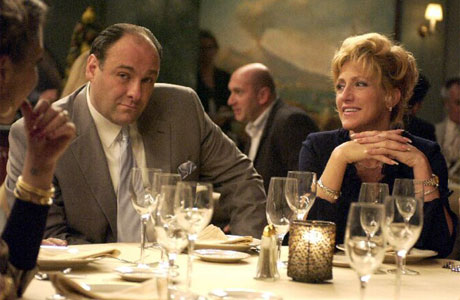Now that anyone with an internet connection can share their opinions with a wide audience, user review websites such as TripAdvisor, Urbanspoon and Eatability are becoming the new word of mouth, and increasingly influential. But businesses are complaining about false, inaccurate and malicious reviews and say the system is open to abuse.
 Some have struggled to remove negative comments from sacked staff, critiques posted by rivals, ”revenge reviews” written by troublesome customers and scathing reviews by hotel ”guests” who never stayed.
Some have struggled to remove negative comments from sacked staff, critiques posted by rivals, ”revenge reviews” written by troublesome customers and scathing reviews by hotel ”guests” who never stayed.
Concerned by the rise in paid-for and fake online reviews, the Australian Competition and Consumer Commission has released guidelines for businesses and review platforms and made monitoring the sector a priority.
ACCC deputy chair Michael Schaper said three-quarters of Australians used review platforms when deciding where to eat out or stay on holiday and inauthentic reviews misled consumers.
”It’s time for the industry to bring its behaviour into line with ACCC expectations,” he said. ”We would like platforms to review what’s being posted up there, as well as trying to disclose as much as possible to consumers … [about] sponsored and paid links.”
Restaurant & Catering Australia chief executive John Hart said fake reviews were a huge problem for the association, estimating one in 10 reviews had ”some falsehood in it.”

.jpg) pass your concerns on. You text a message to the number on the card on your table. The message goes to the restaurant manager and to the owner. One of them responds, sending an apology and saying the restrooms will be cleaned up (and then, presumably, following through).
pass your concerns on. You text a message to the number on the card on your table. The message goes to the restaurant manager and to the owner. One of them responds, sending an apology and saying the restrooms will be cleaned up (and then, presumably, following through). Not by a local gangster, but by a user of a popular online review site, Yelp.com.
Not by a local gangster, but by a user of a popular online review site, Yelp.com. business owners to flag reviews that violate the website’s terms of service. If it is determined the review is fake, biased or malicious, it will be taken down.
business owners to flag reviews that violate the website’s terms of service. If it is determined the review is fake, biased or malicious, it will be taken down.